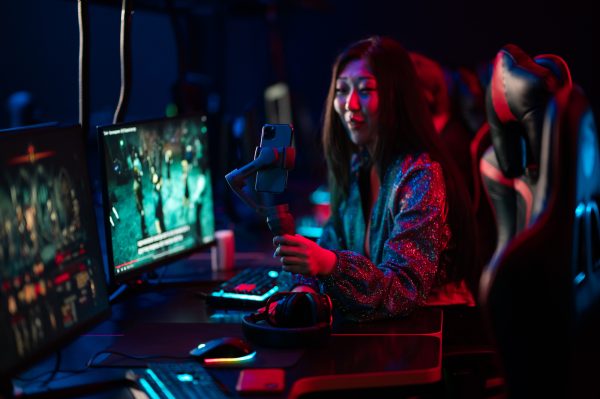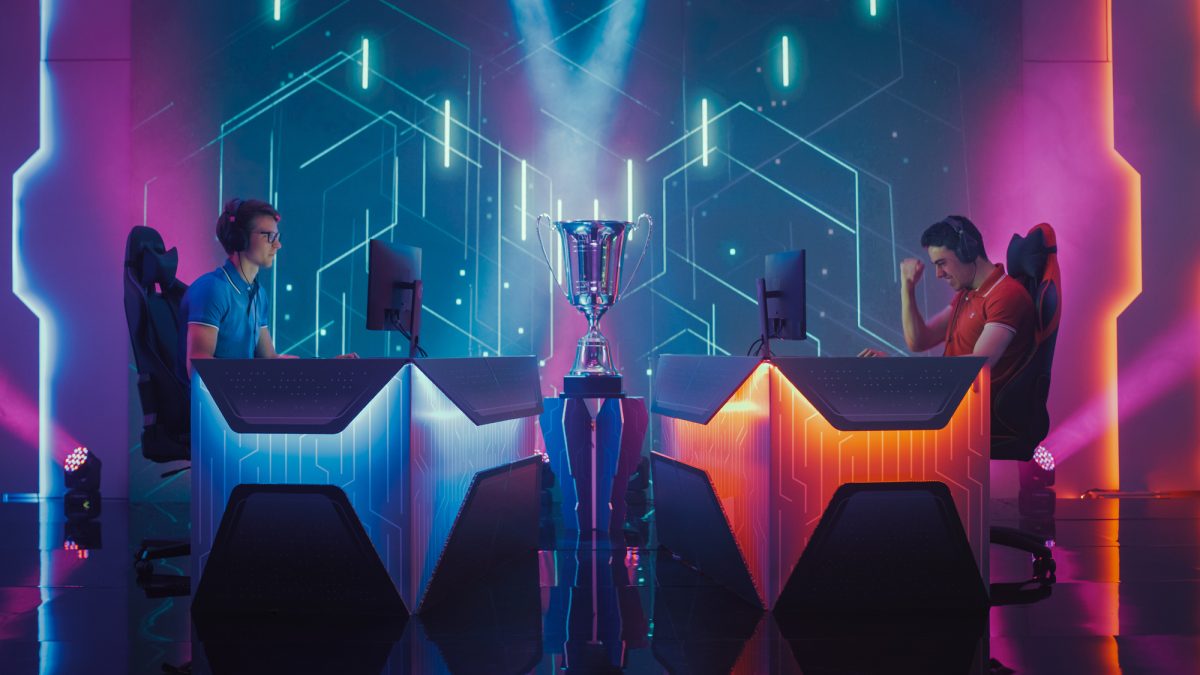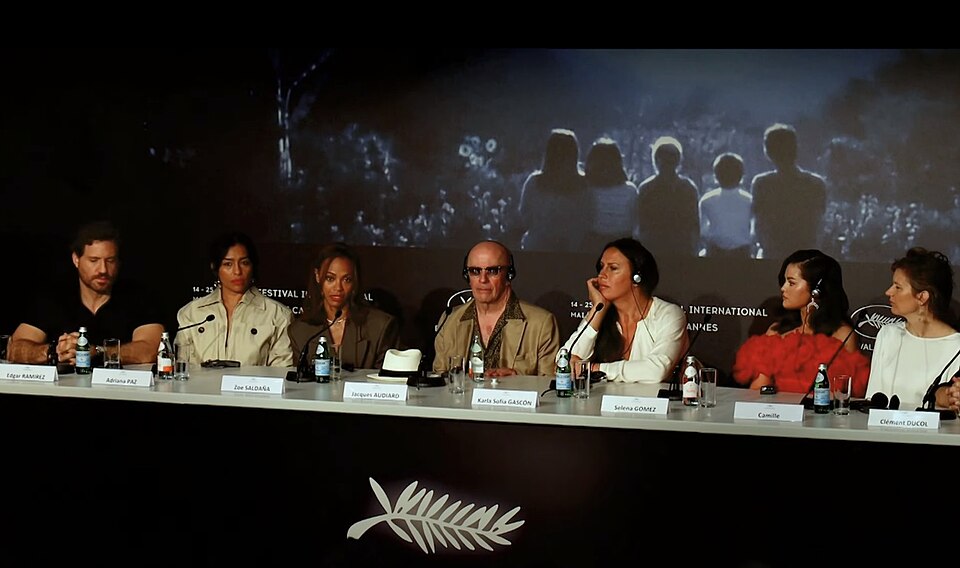Though they’re just people sitting behind monitors clicking a mouse and pressing a keyboard, the crowd roars with excitement. A gaming team representing Brazil – W7M – just won the Rainbow Six Grand Final against FaZe Clan, another team representing Brazil. Team W7M jumps out of their seats with excitement and hugs each other. They walk up the stage and raise the trophy over their heads, as their fans roar loudly. With all this excitement, fans, money, and trophies, why do people argue that Esports isn’t a “real sport?”
Esports is the sport of playing video games competitively. This can range from fighting games such as Street Fighter, to a MOBA (Multiplayer online battle arena) game such as League of Legends, or shooters such as Tom Clancy’s Rainbow Six Siege. These competitions are hosted by different leagues, and the competitors play for both money, trophies, and future opportunities, such as playing for bigger teams or participating in larger competitions.
At extremely high levels of Esports, it takes an immense amount of understanding, practice, and cooperation to play. Hours upon hours are poured into the game to play well, whether that be understanding every frame of movement, understanding every game mechanic, or every layer of the game’s map. Even with this, people still undermine Esports because it doesn’t take much physical exertion like other sports.
As mentioned before, the games are extremely competitive. Thousands of people gather together to watch their favorite teams compete, and cheer them on. Crowds roar with such energy that it rivals soccer stadiums rooting for their favorite teams. Underdog players win, even though the odds are heavily stacked against them, and a fan even brings a trumpet to celebrate the final competition of the game. Video games have become more than just a hobby, it has become competitive.
While skill and understanding of the game are important to a successful team, what people leave out is communication and mentality. Esports helps build communication skills, considering everyone is literally speaking in each other’s ears through the headsets. It personally helped me talk more, especially in tense situations where we are close to losing or winning the game. Arguably, it helps build communication more than any other sports because of how easy it is to communicate.
Many people argue that Esports isn’t a “real sport” because it lacks physical exertion. It’s just people pressing keys and moving their mouse around. It’s not as taxing as something like soccer or football, where people are running miles around a field. These people have a point – Esports isn’t very physically taxing, but neither are other things that are considered real sports, like chess. Chess is considered a sport by the International Olympic Committee, even though it’s not physically taxing at all. It takes an immense understanding of the game and is mentally taxing, just like Esports is.
I feel inclined to talk about this because I myself am an Esports player. I play on HCC’s Esports team, and have gotten opportunities to go to other colleges and play there once I graduate from HCC – much like other players for sports such as football or soccer. I have received recruitment opportunities and scholarships based on my skill in playing video games. Video games have become more than just a hobby; it became something I genuinely benefitted from in multiple ways.

Sports have always been more than just physical exertion. Yes, it’s important to run fast, have good aim, etc. But it is also a game of tactics. If football was purely about running fast and catching, there wouldn’t be specific line ups. There wouldn’t be different formations and tactics used. There wouldn’t be a need for a coach. Why would you need someone to help plan things out, when all you need to do is run faster than the other players?
Sports is more than just physicality. It’s also about smart thinking, an understanding of the sport, and competition.








